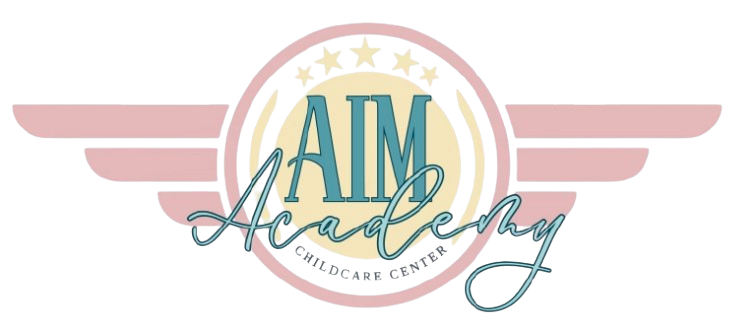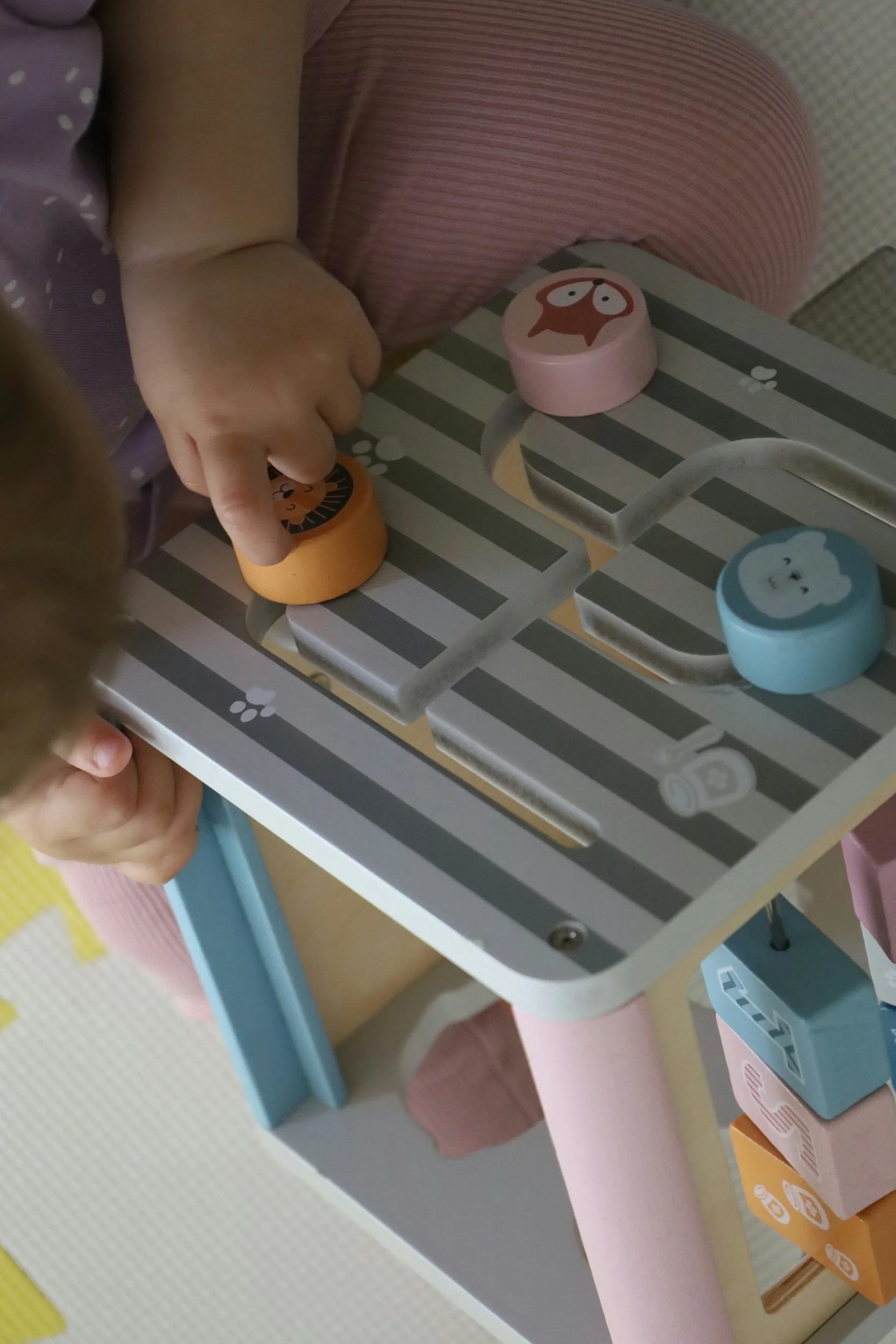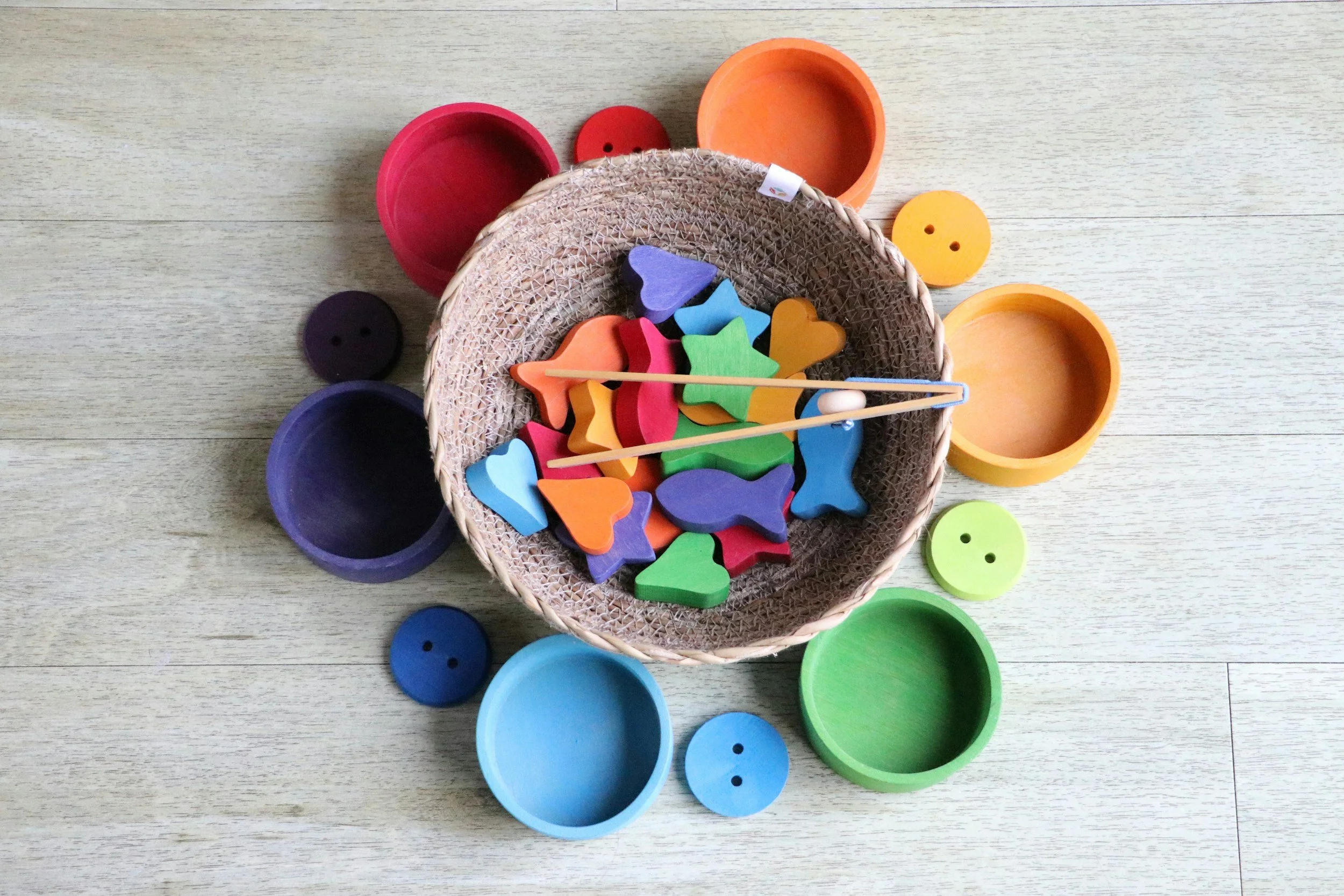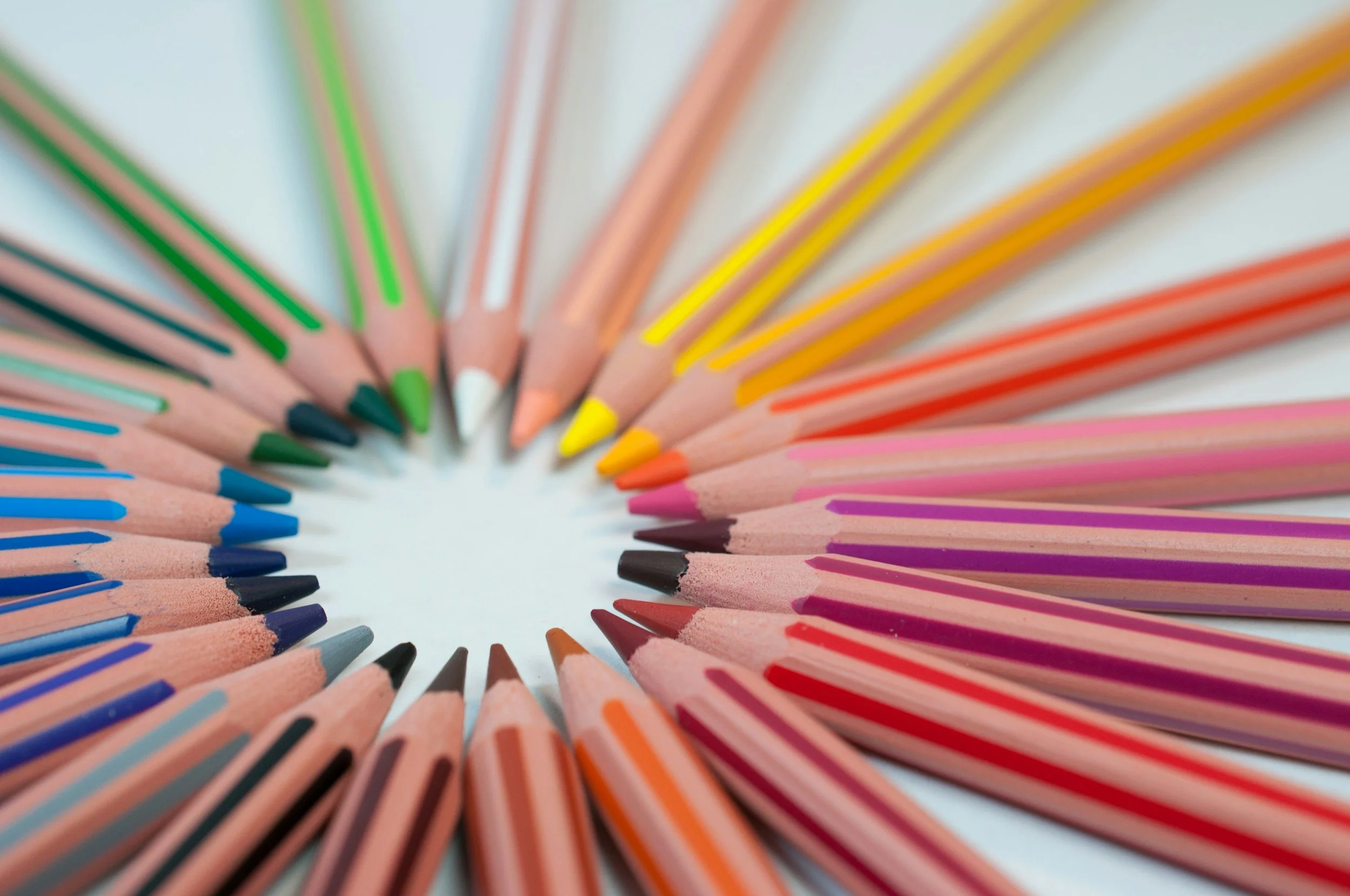Our Mission
At AIM Academy, our mission is to foster a love of learning through hands-on, play-based experiences using researched based approaches. We believe every child is unique and should be given opportunities to grow emotionally, socially, and academically in a supportive, safe environment.
Classrooms
All ages ranges are subject to vary.
8 Weeks - 12 Months
There is a vast difference from 8 weeks to 1 year.
At 8 weeks, your baby should be looking at your face, possibly smiling, and reacting to loud sounds.
By 1 year, your baby might be waving “bye-bye”, pulling up to stand and possibly even taking steps by now. They should also be working on their pincer grasp by this age.
12 Months - 18 Months
By 15 months, your little one may be showing you their toys, clapping, and exhibiting signs of affection. They may even start saying more words other than “mama” and “dada” by now.
By 18 months, your toddler should be walking by now. Other milestones at this age include copying actions of others, scribbling, and eating with fingers and maybe even utensils.
18 Months - 24 Months
By 2 years old, your child may be reacting to other children being hurt or sad, can identify or point to objects and body parts when asked, can string words together, and possibly use eating utensils unassisted. By 2, your child may also be running and playing with others, kicking balls, and stepping up stairs assisted. Children by age 2 also like to turn light switches on and off or push buttons on their toys.
2 Year Olds
A lot of growth will happen from when your child turns 2 to when they turn 3. Over the course of that year, you can expect your child to increase their vocabulary and be saying 50 words or more and saying short, two to three word sentences. You can also expect them to play pretend with toys, follow two-step commands, and recognize colors. They may be able to open lids and doors as well as remove or put on clothes. You should also expect the cutest little jumps where both feet leave the floor.
3 Year Olds
Milestones at 3 include:
joins other children to play
has short conversations with others
asks who, what, when, and where questions
says first name when asked
is mostly understandable
puts on clothes by self
uses eating utensils






